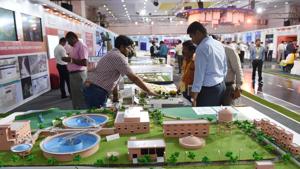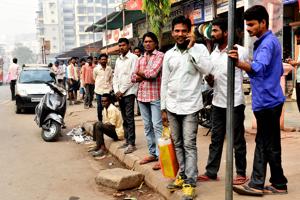Articles by Mukta Naik
To save flooded cities, recast urban planning
Floods in Delhi highlight infrastructure failures in Indian cities. Urban planning needs a new approach, for nature-based solutions and resource allocation.

Published on Jul 12, 2023 09:30 PM IST
Urban elites can help push urgent climate adaptation
The urban elite are enriching urban life through private philanthropy. Enlisting them to the cause of climate might not be a silver bullet, but can lead to short-term gains in adaptation

Published on Oct 11, 2022 08:08 PM IST
For equitable growth, India must unthink the urban
Smaller, growing cities such as Kishangarh can be feasible sites to apply coordinated planning for better urban life.

Published on Dec 17, 2018 07:48 AM IST
Partha Mukhopadhyay and Mukta Naik
Very few cities are liveably smart
Government of India launched the ‘Ease of Living’ Index in January 2018 to help cities systematically assess themselves against global and national benchmarks and encourage them to shift towards an ‘outcome-based’ approach to urban planning and management.

Updated on Aug 14, 2018 11:44 AM IST
Partha Mukhopadhyay and Mukta Naik
The government must compensate for the demonetisation setback to migrants’ mobility
During demonetisation, the renegotiation of informal relationships and scrambling for work has strained the networks of employment that characterise the informal sector

Published on Jan 16, 2017 02:51 PM IST
Mukta Naik, Eesha Kunduri, Ashwin Parulkar






